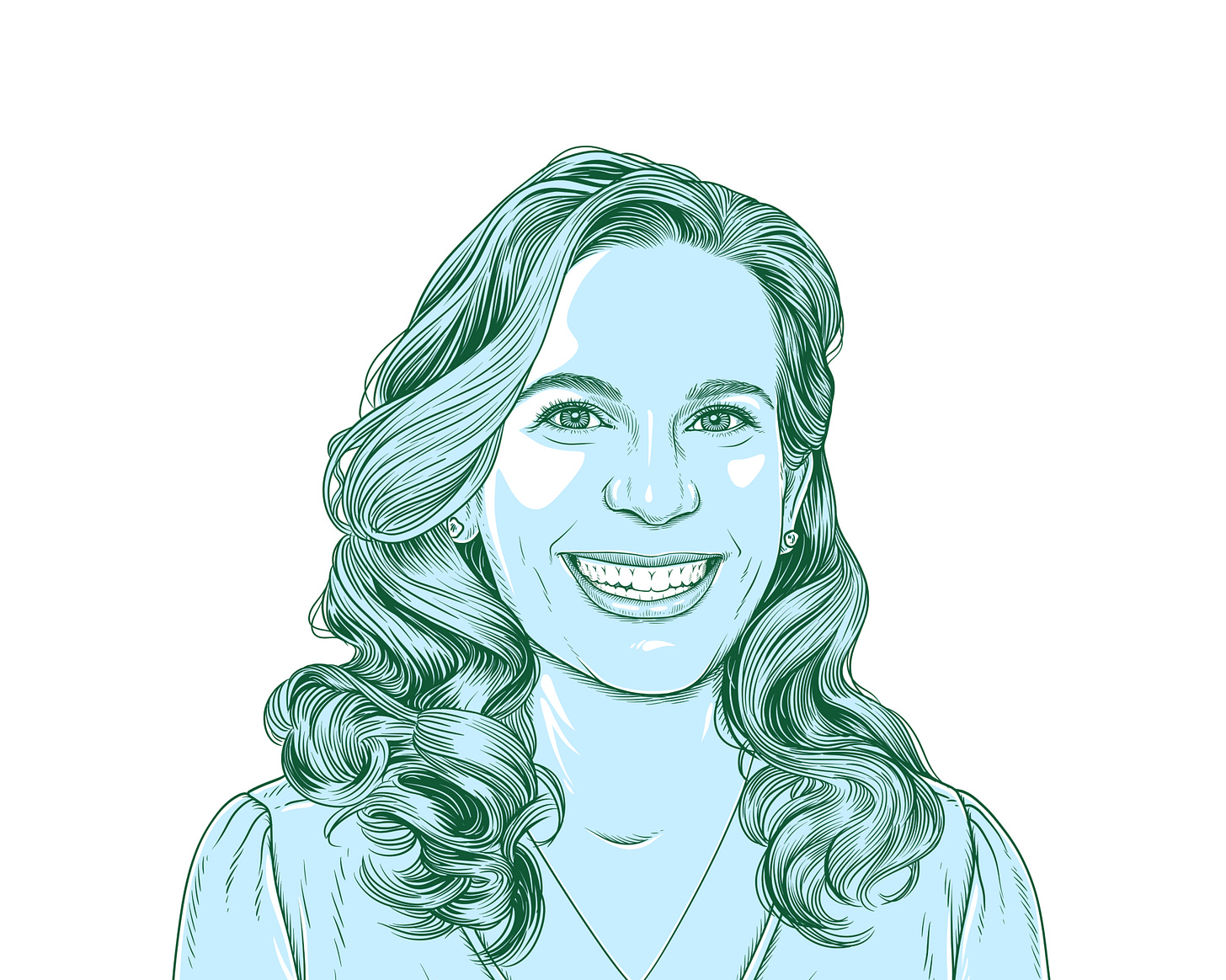Meet Juliann Chmielecki
Bridge to the Clinic
Juliann joined Fulcrum Genomics in January 2025. Juliann is a cancer research leader, full-stop, with over 80 peer-reviewed publications and work presented at dozens of national and international symposia. She has spent the last decade focused on translational research in oncology. We recently sat down to chat about work and life as a bioinformatics consultant.
What’s your area of expertise, and what excites you about your work?
Juliann: I see myself as a consultant to the expert consultants at Fulcrum! I don’t have the same bioinformatics expertise, but I have a skillset where I can bridge more science, and relevant clinical pieces, with all the technical bioinformatics pieces. My past experience exemplifies that this type of linking is necessary to drive successful and impactful outcomes. I support and backstop the scientific side as we do the technical side — like a code review, but for science.
I get excited about doing things that are hard and challenging. When someone tells me it’s something we can’t do, I delight in finding a way to prove them wrong. Maybe it’s because I’m competitive? We find a way. I am excited about tapping the many skills of the Fulcrum team to attack the problems I see as relevant in the clinical and translational science arenas.
What’s a common challenge in our industry that people don’t talk about enough?
Burn-out.
Recognition that good employees should have balance outside of work is not discussed enough. We work in a competitive fast-paced field and everyone is super-dedicated, “all-in”, and I think that sometimes creates environments where it’s all work and no play. This is hard for everybody because it suppresses critical and creative thinking. Supporting employees, including women in STEM, but truly anyone with a pull outside the office, and carving out career paths so that they are supported inside and outside the office. Helping people become the best versions of themselves can be done by supporting their growth, their development, and their rest and recharge time. I’ve seen so many examples of where good mentorship that supports these kinds of values makes better employees, who are better able to think and to have space to solve problems and not just drive themselves to burnout. I don’t think that’s talked about enough - balance is critical for success.
What’s one tool, tip, or mindset shift that has made a big impact in your work?
A respected mentor told me “don’t accept no from someone who is not authorized to make that decision”. That’s a mindset shift to filter the noise of the environment and to trust your gut around how to do things, how to approach problems, or how to think about the output. Listening to that little inner voice and sometimes re-framing your position to help other people see your perspective - that’s a skill that people have to learn to develop.
What’s a recent project or insight you’re particularly proud of?
There have been a lot of really exciting scientific projects that have made me so proud. Some of that was just luck, to be at the right place at the right time to take the reins and run with it. I have loved working on how to bring next generation sequencing technologies into the clinic. I think we’ve done a really great job of that. We’ve discovered novel elements in tumors that can help diagnose and serve as drug targets. We’ve used some fun technology to fuel discoveries not just in tissue but with blood, and most recently we’ve reached beyond mutations into other things that DNA can tell us. I’m really proud of all of it!
It’s been an amazing journey, and none of this would have been possible without amazing mentors, collaborators, and trainees. Nothing compares to seeing people that I have trained have successes and then hearing that my training was a part of that success. The people development piece is just as important as these singular discoveries. It really leads to a snowball-effect of impact.
If you could give biotech startups one piece of advice, what would it be?
It’s all about the people and the science! Hire good people, value your people, and trust your people to get the job done. Similarly, trust the science, dig into analyses, and be open to unexpected discoveries.
What’s something outside of work that inspires how you think about problem-solving?
I am a mom, and I want to show my kids how to be resilient and to do tough things. Moms are really good at multi-tasking, juggling, and always trying to maximize efficiency. I bring that perspective to problem-solving and try to figure out how to work smarter to get the maximum output. That outlook drives all aspects of my life, personal and professional, with the goal of making space to do more of things I enjoy!



